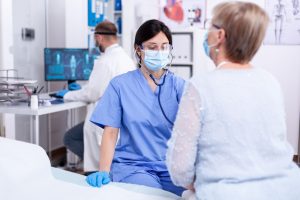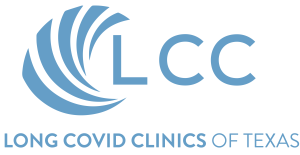Reliable diagnostic labs play a crucial role in healthcare, supplying precise information for medical decisions. These qualities are pivotal in delivering reliable results and maintaining patient confidence.
Modern Equipment
Modern diagnostic labs are equipped with high-tech machinery, enhancing accuracy and curtailing potential errors. Every result matters, impacting patient care and healing plans. Careful quality control measures are indispensable to abolish the mistakes. Medical reports should be precise as all the medication relies on this report.
Skilled Technicians
Highly trained technicians carefully operate the apparatus, ensuring appropriate sample collection and defined analysis. Skilled and practiced professionals, from lab technicians to pathologists, comprise the significant foundation.
Advance Machinery
Contemporary, premium tools are non-negotiable. Trustworthy labs have advanced machinery to boost testing efficiency and precision. Up-to-date equipment enables them to propose more comprehensive diagnostic services.
Comprehensive Test Menu
A wide array of available tests hikes the expediency for patients and healthcare professionals. From routine blood tests to dedicated molecular diagnostics, delivering an all-inclusive of tests ensures that doctors can rely on the lab for the patient’s diverse needs.
License and Documentation
Reliable diagnostic labs look for licenses from certified medical organizations. Furthermore, this external legalization assures patients and doctors that the labs abide by quality standards.
Strict Obedience to Protocols
Labs must obey the recognized guidelines for sampling collection, testing, and transportation. This reliability ensures unfailing and comparable results.
Lucid Communication and Ethical Practices
Successful communication of procedures and results nurtures the patient’s understanding and conviction. Medical professionals rely on these reports to make treatments and prescriptions.
Ease of Access and Qualified Forensic Doctors
Strategic locations or sample collection centers make it handy for patients to opt for services. Moreover, the availability of veteran forensic doctors ensures the correct elucidation of complex results.
Secure Data Management
Protecting patient data is critical; trustworthy labs have strong data security protocols. Patient information is sensitive and must be under wraps.
Hygiene and Sanitation
Maintaining a disinfected atmosphere prevents contaminant transfer and preserves sample veracity. It is the most indispensable step to not compromise on hygiene and sanitation. There should be suitable discarding of unsafe waste. Proper handling of samples diminishes the hazard of contamination and false results.
Teamwork with Clinicians
Communication matters for precise diagnosis. Reliable labs actively team up with clinicians, discussing unusual findings and ensuring the clinical perspective is considered in result analysis.
Efficient Workflow Management
Smooth workflow keeps the errors at bay. Reliable diagnostic labs have well-organized systems that track specimens, reduce potential delays, and ensure a flawless testing procedure from beginning to end.
Transparency in Billing
Transparent billing strengthens terms. Reliable labs supply accurate billing information, avoiding unseen costs or unforeseen charges. This transparency extends to the insurance process as well. Clear and practical pricing models evade surprises for patients and healthcare providers.
Patient Satisfaction
Comfortable facilities and chivalrous staff generate a positive testing experience. Listening to patients and giving responses leads to service improvements.
Conclusion
To sum up, reliable diagnostic labs merge highly developed technology, accomplished professionals, strict quality control, professional communication, and a dedication to ethical practices. These qualities jointly create reliability, ensure precise results, and contribute to the overall health of patients and the medical community.







